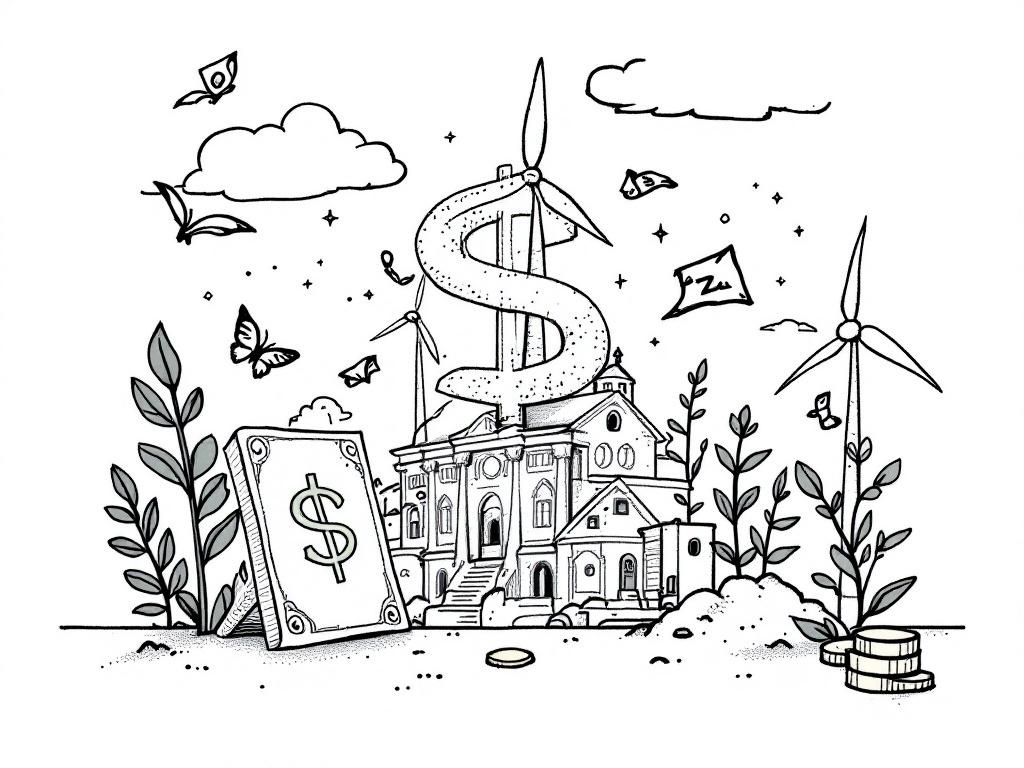Inflation Reduction Act Boosts Clean Energy Investments in U.S.

Washington, D.C., Friday, 30 May 2025.
Significant investment in clean energy projects across the U.S. has been stimulated by the Inflation Reduction Act, promising economic growth and job creation, especially in rural areas.
IRA’s Impact on Clean Energy Projects
Since the Inflation Reduction Act (IRA) was signed into law on August 16, 2022, it has spurred substantial investments in the clean energy sector across the United States. Businesses have announced 317 new manufacturing projects valued at USD 116.49 billion, creating approximately 111,024 jobs across various U.S. states. Notably, Republican-leaning congressional districts have been significant beneficiaries, with 241 projects totaling USD 108.54 billion and 88,094 jobs. Meanwhile, Democratic districts saw 129 projects with investments amounting to USD 20.38 billion, resulting in 29,384 jobs [1].
Economic Growth in Key States
North Carolina, Texas, and Michigan have emerged as leaders in clean energy growth. North Carolina has witnessed 27 projects generating USD 21.58 billion in investments and creating 12,353 jobs. Texas follows with 32 projects and USD 9.31 billion, supporting 14,102 jobs. Michigan, with 34 projects and USD 12.51 billion, has facilitated 12,149 jobs. These states illustrate the geographical breadth and economic impact of the IRA on the U.S. clean energy landscape [1].
Rural Job Creation and Investments
The Inflation Reduction Act is particularly influential in rural America, where it has initiated 52 major projects predicted to generate 67,000 jobs and inject nearly USD 2 billion into worker incomes in just the first year. This shift underscores the Act’s role in driving economic resilience in less urbanized regions, maintaining rural America’s significance in the nation’s clean energy ambitions [1].
Challenges Amid Legislative Changes
Despite the positive momentum, more than USD 14 billion in clean energy investments were canceled or delayed in 2025. This includes notable projects like the Kore Power battery factory in Arizona and Bosch’s hydrogen fuel cell investment in South Carolina. A substantial proportion of these cancellations, over USD 12 billion, were in Republican-led states, highlighting regional political dynamics affecting clean energy progress [2][3]. Uncertainties over federal clean energy tax credits, especially due to proposed legislative changes such as the House budget reconciliation bill, threaten to further undermine investment certainty and job creation in this critical sector [6][7].